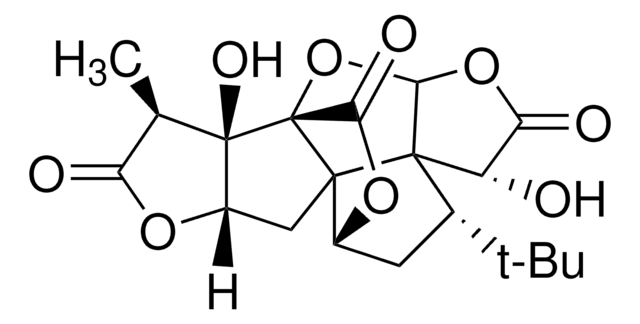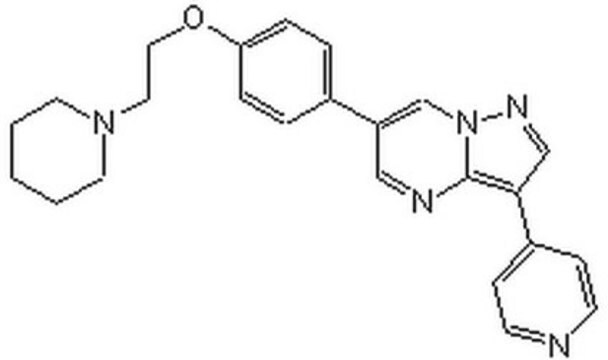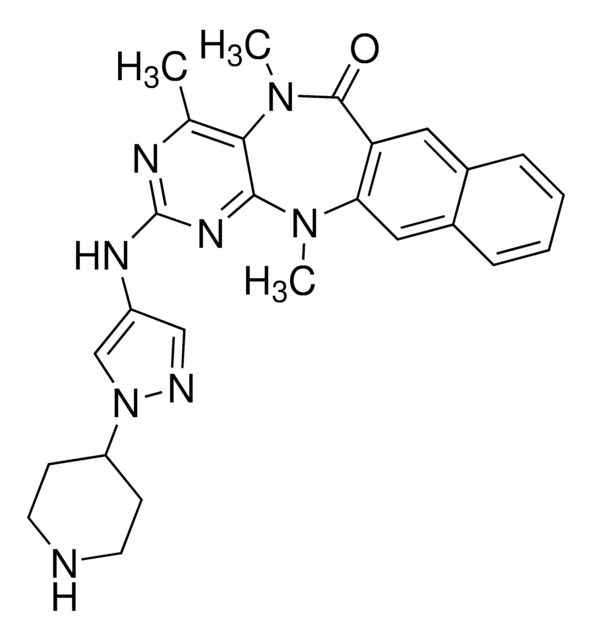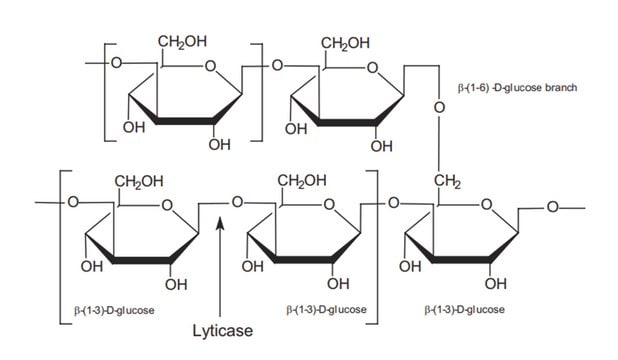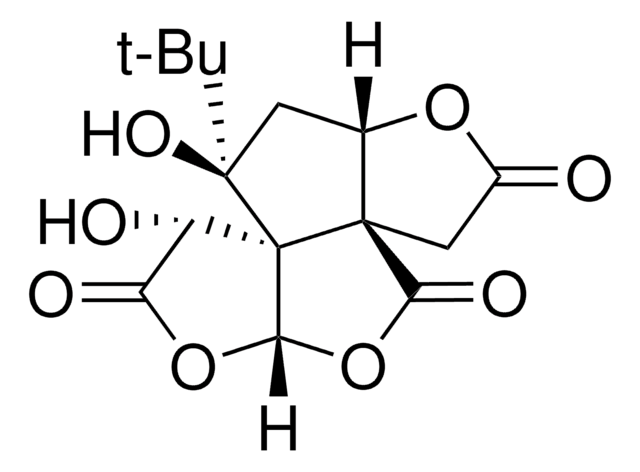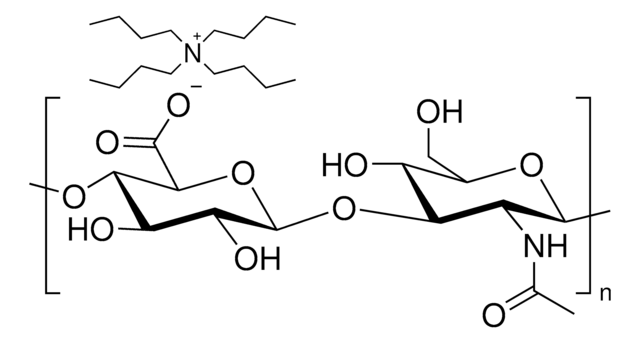MAB4147
Anti-MRP1 Antibody, clone MRPm5
clone MRPm5, Chemicon®, from mouse
About This Item
Polecane produkty
pochodzenie biologiczne
mouse
Poziom jakości
forma przeciwciała
tissue culture supernatant
rodzaj przeciwciała
primary antibodies
klon
MRPm5, monoclonal
reaktywność gatunkowa
human
producent / nazwa handlowa
Chemicon®
metody
flow cytometry: suitable
immunohistochemistry (formalin-fixed, paraffin-embedded sections): suitable
western blot: suitable
izotyp
IgG2a
numer dostępu UniProt
Warunki transportu
dry ice
informacje o genach
human ... ABCC1(4363)
Powiązane kategorie
Specyficzność
Immunogen
Zastosowanie
Metabolism
Toxicology & Drug Resistance
Immunohistochemistry: 1:20 on acetone fixed frozen tissue sections or paraffin-embedded tissue sections
Flow Cytometry
Optimal working dilutions must be determined by end user.
Postać fizyczna
Przechowywanie i stabilność
Inne uwagi
Informacje prawne
Oświadczenie o zrzeczeniu się odpowiedzialności
Nie możesz znaleźć właściwego produktu?
Wypróbuj nasz Narzędzie selektora produktów.
Kod klasy składowania
10 - Combustible liquids
Klasa zagrożenia wodnego (WGK)
WGK 2
Certyfikaty analizy (CoA)
Poszukaj Certyfikaty analizy (CoA), wpisując numer partii/serii produktów. Numery serii i partii można znaleźć na etykiecie produktu po słowach „seria” lub „partia”.
Masz już ten produkt?
Dokumenty związane z niedawno zakupionymi produktami zostały zamieszczone w Bibliotece dokumentów.
Nasz zespół naukowców ma doświadczenie we wszystkich obszarach badań, w tym w naukach przyrodniczych, materiałoznawstwie, syntezie chemicznej, chromatografii, analityce i wielu innych dziedzinach.
Skontaktuj się z zespołem ds. pomocy technicznej
